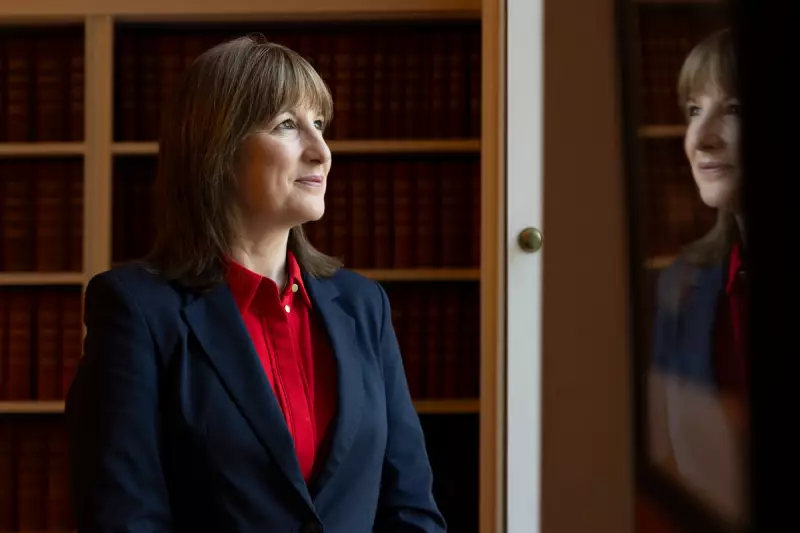
Chancellor Rachel Reeves is poised to deliver one of the most significant financial statements of the year as she presents her Budget to the House of Commons today. The announcement, scheduled for 12.30pm on Wednesday 26th November 2025, will outline the government's strategy to stabilise the nation's finances amid ongoing economic pressures.
Tax Changes and Fiscal Measures
In a major shift from earlier speculation, the Chancellor has reportedly abandoned plans for a significant income tax hike. Instead, an extended freeze on income tax and National Insurance thresholds will be implemented, a move expected to generate approximately £8.3 billion annually through the mechanism known as 'fiscal drag'.
This approach means that as wages increase over time, more people will be pulled into higher tax brackets without the government needing to formally raise tax rates. The decision reflects what ministers have described as Reeves 'relishing' the challenge of her position as Chancellor during a complex economic period.
Savings and Investment Shake-up
Savings policies will see substantial changes, with the annual cash ISA limit set to be reduced from £20,000 to £12,000. This significant cut aims to encourage greater investment in the UK stock market rather than traditional savings vehicles.
The government believes this measure will stimulate economic growth by directing more capital toward British businesses and potentially boosting the London Stock Exchange's performance in the coming years.
Cost of Living and New Levies
Several measures designed to ease the cost of living crisis will be announced, including:
- Freezing rail fares across England
- Maintaining current NHS prescription charges
- Scrapping the two-child limit for child tax credit and universal credit
Meanwhile, new revenue-raising measures under consideration include a 3p per mile tax for electric vehicles and a so-called 'mansion tax' on properties valued at over £2 million. The government also plans to extend efforts to recover fraudulent universal credit payments, a initiative expected to raise £1.2 billion.
Today's Budget represents a crucial moment for the Chancellor as she balances the need for fiscal responsibility with supporting households through ongoing economic challenges. The measures announced will shape the UK's financial landscape for the coming year and beyond.





